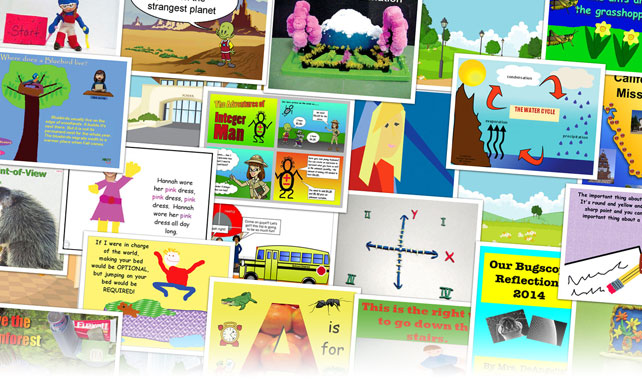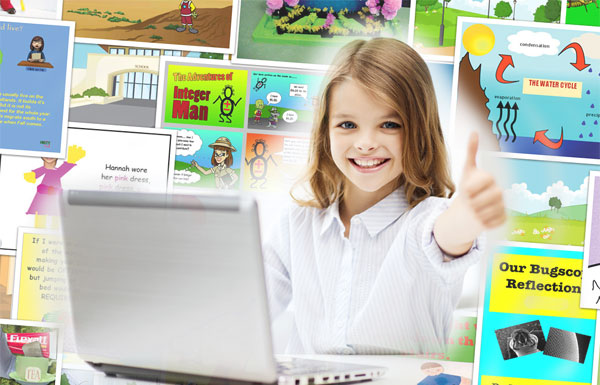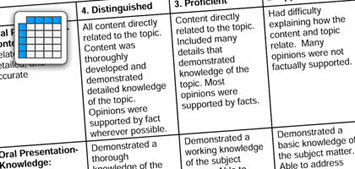
An interview with Dr. Philip Kovacs

You may know Dr. Philip Kovacs from his time at the Educator Roundtable, the group that sent a petition to Congress in 2008 asking it to repeal the No Child Left Behind (NCLB) Act. Dr. Kovacs’ teaching career has ranged from working with 50 students per class in South Korea to teaching high school students in the United States, and now educating students at the University of Alabama in Huntsville. He is currently working on using social networking sites to help children learn to read, as well as a college live-in experience for students with low socio-economic status. With a Ph.D. in Educational Policy Study, Dr. Kovacs hopes to return to policy makers to secure funding for exciting educational programs like these.
The final chapter of my dissertation included a call for scholars to leave academia and to go into policy. To put my money where my mouth was, I decided to start a policy/advocacy organization. While the Educator Roundtable is probably best known for its petition to repeal NCLB, we also raised $65,000 to fund mailings, buy newspaper ads, and run phone campaigns. I am proud to say that we were the first organization to really push back against what we saw as destructive legislation.
I hear the words “economic competition” a lot when I hear the President speak, but I don’t hear words like “democracy” and “creativity.” The vast majority of schools are NOT failing. The notion that we aren’t economically competitive is not only problematic, it’s an outright lie. If we look at research by Bracey and others and actually compare scores that match age and income level, the United States scores very highly. Even so, I do not believe the state of economic competition or international test score placement should be defining what it means to be educated in this country.
I think we should disagree on that. We live in a pluralistic society with over 300 million people; there can and should be multiple purposes for schooling. We live in a representative democracy, and we need individuals with a variety of skills and capacities to maintain a sustainable, worthy, beautiful country.
My recent views have been shaped by having a 16-month-old son and not wanting him to go into a transactional education system where numbers are worshipped more than a complete organism. When my son would fall while learning to walk, our cheers quickly moved him from crying to laughing. Those cheers were a reward for risk taking, accepting failure, perseverance, and resiliency. I want my son to LOVE learning… yet we turn so many children off to learning by making them feel bad for their mistakes. But the point of school is failure... if you already knew it all, you wouldn’t need to be there.
Education should be transformational, where children solve problems using art and science together. We still have a mentality of testing of discrete subjects and calling that educated. I give tests in my college classes because they tell me things about basic performance, but tests shouldn’t be the main focus of education.
In Huntsville, we are working with local middle and high schools to use an inquiry-based and project-based approach to learning. We are moving toward creating trans-disciplinary problem solvers who might head down to the local creek to test water quality; use math, science, and English to figure out what is wrong with the river; write a compelling letter to the city to get it changed; and then follow through with a political action campaign for getting it done.
We live in a very exciting time, but what seems to get left out of the discussion is how we learn. Moving us from where we are to where we want to be is going to require working with cognitive science. We learn when there are meaningful connections, and we become more knowledgeable when we apply existing connections to new topics.
We are “educated” when we demonstrate the ability to transform and relate old connections and old relationships and understandings into new understandings and connections, not by finding the correct answer on a test. Educated children are resilient, persistent, metacognitive, engaged actors, capable of controlling impulses, taking calculated risks, working with others to get real problems solved and get things done.

Follow us on Instagram for daily inspiration

Create a thought web, cluster, flowchart, or other graphic organizer for a lesson

What can your students create?

Wixie
Share your ideas, imagination, and understanding through writing, art, voice, and video.

Rubric Maker
Create custom rubrics for your classroom.

Pics4Learning
A curated, copyright-friendly image library that is safe and free for education.

Wriddle
Write, record, and illustrate a sentence.

Get creative classroom ideas delivered straight to your inbox once a month.
Topics